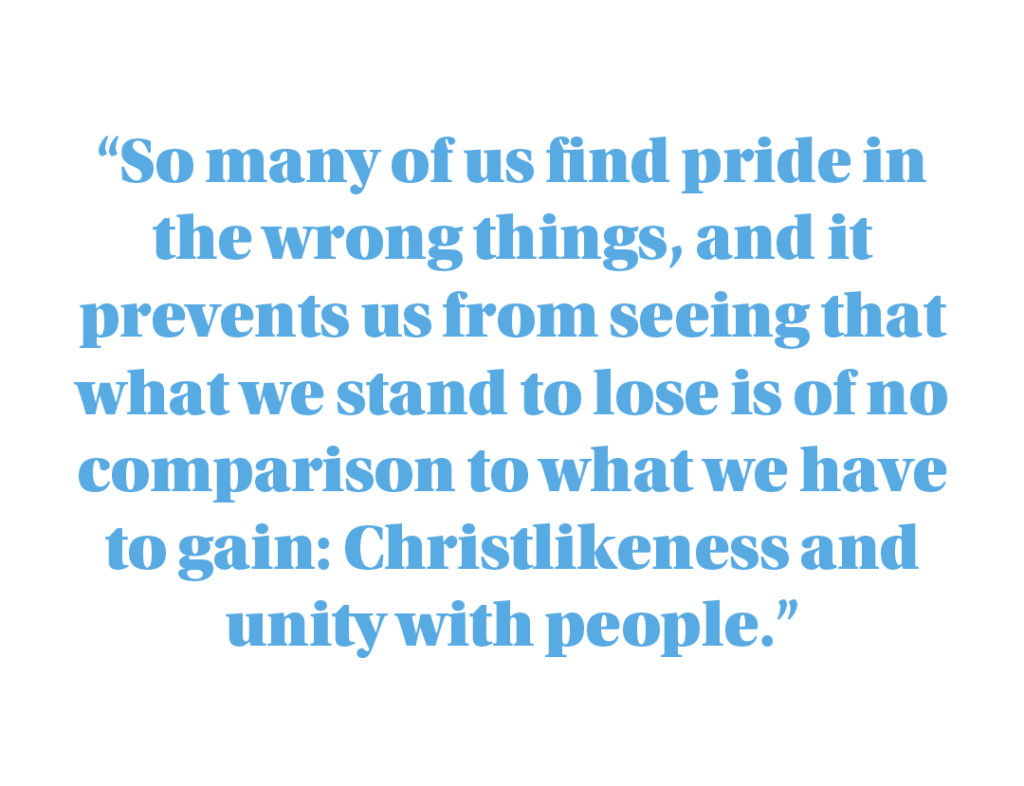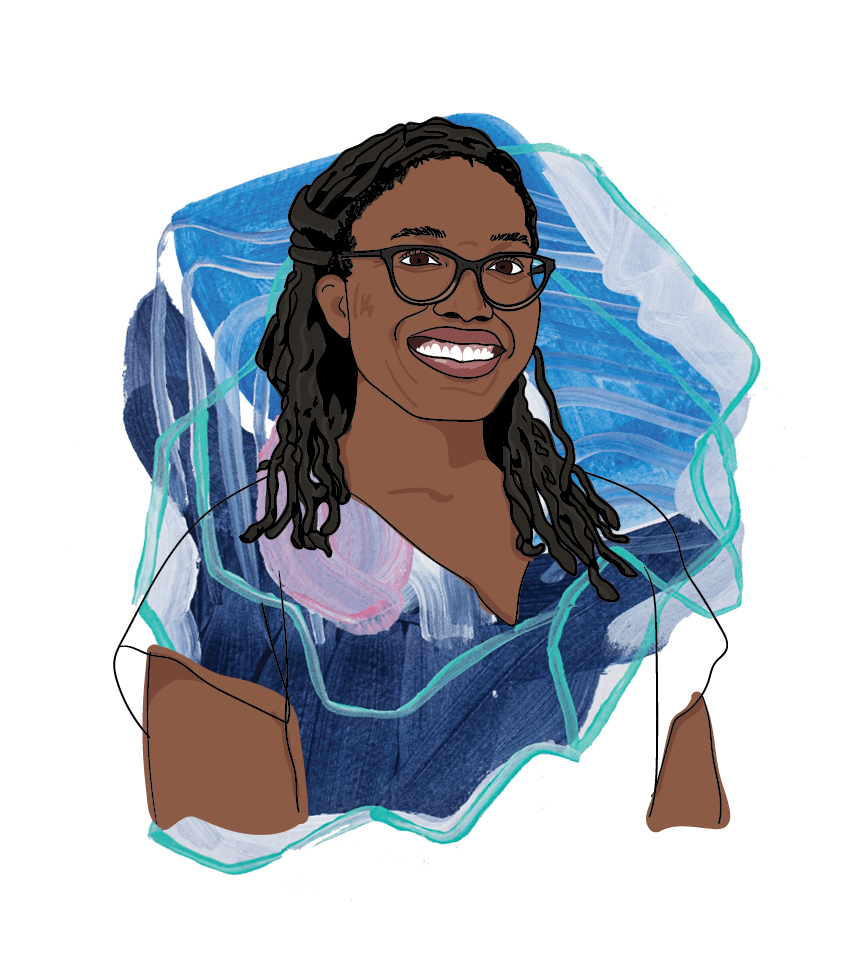Southeastern Perspectives: Krystal Wilson
Krystal Wilson | January 11, 2021

Over the past few months and honestly, over the last several years, I and others in my community have observed a growing rift in the body of Christ.
Written from my perspective as a black female in America, my goal is to discover the way forward to unity. If the world will know us by our love for one another, our pursuit of unity with each other is one way we can accurately display who Christ is.
My husband and I adapted a mentality from the biblical story of Abraham and Lot: “Family is family, even when they don’t act like it.” Lot didn’t act like his kinsmen, but it didn’t change who he was. This mindset has helped us continue to pursue oneness with others despite the difficulties we’ve faced in a predominantly white context. But our aim is not to call minorities to “tough it out,” nor is it to give the white majority a pass on doing the work of racial equality. Unity requires sacrifices from everyone.
 The Hindrances to Unity: Pride and Apathy
The Hindrances to Unity: Pride and Apathy
The two most prevalent threats to unity are pride and apathy. The story of Jonah shows us how pride can affect our ability to follow the Lord rightly. Jonah had such disdain for the people of Nineveh that he did not want them to experience the grace of God. He fled, he ignored, he did all he could except obey the Lord. So many of us find pride in the wrong things, and it prevents us from seeing that what we stand to lose is of no comparison to what we have to gain: Christlikeness and unity with people.
Our apathy and unwillingness to consider the concerns of each other prevents us from living together as Christ intended. The wicked servant from Matthew 18 serves as a cautionary tale. He was unwilling to extend mercy to another, despite having received the same mercy his debtor needed. Our apathy is an offense to God who bends an ear to hear all that burdens us. He concerns himself with our burdens, so much so that he calls us to lay them on him. As the people of God, may we not be marked by a self-absorbant apathy that binds our hearts and a pride that makes us unwilling to act.
The Cost of Unity: Laying Down and Taking Up
For the believer, we cannot be blind to the reality that unity comes at a price. Christ stepped into the chasm between man and God, into the midst of the brokenness and took its root, our sin, on himself. He laid down his life for our sins and when he rose, he took up all power and authority. Though we cry hallelujah for the cross, it is abundantly clear from Genesis to Revelation that Christ sacrificed, he was brutalized and gave his own life. His life, death and resurrection brought unity between God and his people, but unity costs. We should expect a cost as we work to close the rift between one another. It will require us to lay down something to take up something better. Pursuing unity could mean exclusion by your friends, misrepresentation by society or missing certain opportunities. If this is true for you, be not weary in doing good, beloved; your sacrifice doesn’t escape the gaze of your Father.
The Point of Unity: What Should It Accomplish?
If people will know Jesus by our love for one another, it should be a sincere endeavor for the church to demonstrate love and unity to a watching world. How we respond to issues of injustice and tragedy matters. How we carry the burdens of others matters. The story of Scripture shows us that our Lord restores. In doing so, he often restores dignity to those from whom it has been stripped by society or circumstance. In the same way, our labor for unity should be restorative. It should give love, honor and respect to those who have been denied or stripped of it. It should look like mourning for black and brown bodies left dead in the street, fighting for vulnerable children in cages, creating opportunities for those previously excluded – it should look like our Lord Jesus.
He used all that he had for the good of others, and he didn’t neglect those from whom dignity had been stripped, nor did he simply acknowledge their situation. He spoke with the Samaritan, healed the leper and restored the blind. He was brother to the tax collector, showed compassion to the widows, ate with the social outcasts and challenged the leaders of his day to care more about people.
Family, may we look more like Jesus. Unity requires action, sacrifice and most of all, love.

Krystal Wilson serves as Director of Events at Southeastern.
This article originally appeared in the fall issue of Southeastern Magazine. To read more stories like this, visit sebts.edu/magazine.